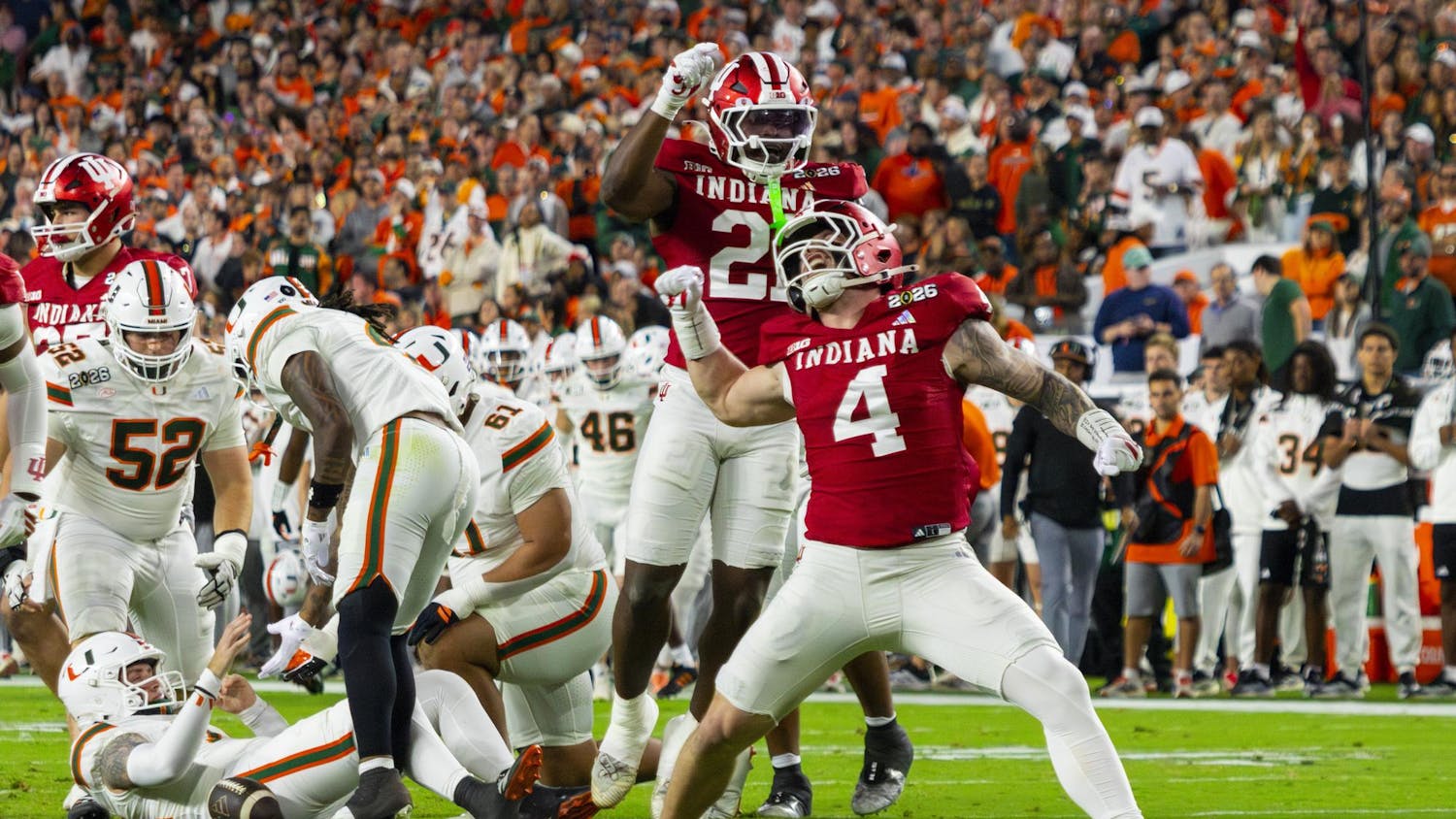In her talk Monday afternoon at the School of Public and Environmental Affairs, Philadelphia Inquirer columnist Jane Eisner outlined three reasons she thinks young people don't vote in higher numbers.\n"Politics has gotten away from real people," Eisner said. "Politics is this kind of icky spectator sport that's like a boxing match on TV. Unless you live in New Hampshire or Iowa during a contested primary, the chances of you actually meeting one of these candidates is slim."\nEisner is the author of "Taking Back the Vote: Getting American Youth Involved in Our Democracy" and also teaches at the University of Pennsylvania. She said she spent a year doing research into the reasons why young people don't vote and possible solutions to this problem. \nAlong with the distancing of politics from real people, Eisner said the increased emphasis placed on community service, coupled with a decline in civic education in American schools, also discourage young people from voting.\nShe said many young people think community service is a more effective way of solving community problems than voting, and they do not understand the connection between community service and politics. Eisner said volunteering in an inner-city school may have an impact on some students but it would never be able to close the gap between rich and poor schools.\n"Only government can address those issues," Eisner said. "Volunteering is not meant to be an end of its self."\nEisner said in the 1960s students received on average three semesters of classes on government and politics, but by the 1990s that number had fallen to just one semester. She said participation in extracurricular activities that help teach civics have also declined in popularity. As civics education has declined, many schools have added community service requirements for their students, Eisner said. \nEisner praised efforts to increase youth participation in the upcoming election, but said research has shown that most young people respond better to person-to-person contact than advertisements on TV. \nShe also questioned the wisdom of turning voting into the next fad without working to educate young people on the importance of political participation.\n"We run the risk of voting becoming the next commodity," Eisner said. \nEisner suggested polls with longer hours and combining Veteran's Day with Election Day as a means to improve voter turnout. \n"We're one of the few countries that does not have our election day as a national holiday or on the weekend," she said.\nEisner also said the state and national governments need to be pressured to place greater emphasis on civics education. \nSPEA graduate student, Elena Sokolow attended the talk and said that while she agreed with Eisner, she thought the two-party system was also to blame for the lack of youth participation in the political process.\n"I think a lot of young people are turned off by the two party system," Sokolow said. "They don't see themselves being represented by the candidates." \nSPEA and journalism graduate student, Maddie Stone said she agreed with Eisner that voter participation among young people would increase in the upcoming election.\n"I've never seen a push for it like I have this time,' Stone said. \n-- Contact staff writer Daniel Wells at djwells@indiana.edu.
Columnist discusses upcoming election
Jane Eisner says more education may bring out more voters
Get stories like this in your inbox
Subscribe





